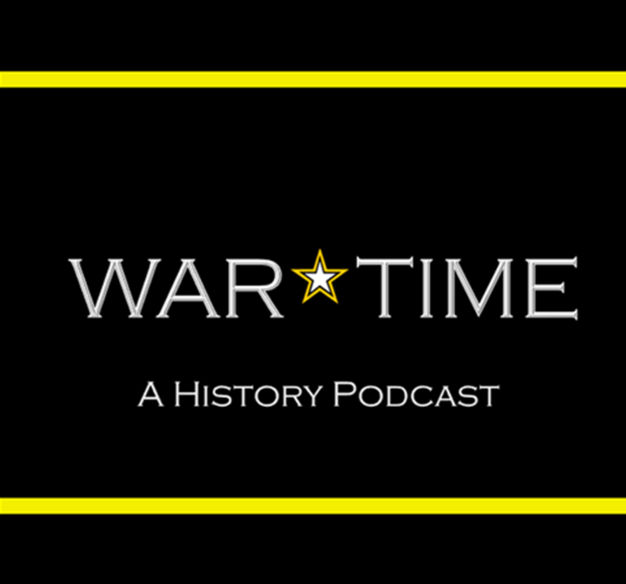
WARTIME: A History Series
Brady J. Crytzer
Discussing a wide range of topics, WARTIME seeks to fill the void between objective academic discussion and casual, carefree history. Drawing on the latest scholarship and welcoming highly original interpretations, WARTIME pushes the boundaries of traditional history by bringing it directly into the public forum for all to share. WARTIME is published weekly.
- 6 minutes 35 secondsFault Line: Bush, Blair, and Iraq
The Iraq War came about following a moment of crisis – September 11th, 2001. In real-time, the world watched our leaders react and made decisions based on fast-paced information presented to them, not unlike the moment we are currently facing in our country today. However, the response to the Iraq War led to an all-time low level of public trust in government and media, which is something we never fully recovered from. Each season of The Fault Line will cover defining moments in our history that shook our foundation. On the first season of The Fault Line: Bush, Blair and Iraq, renowned journalist, David Dimbleby, explores the 18 months between 9/11 and the start of the war and how the distrust in leadership response to crisis effects our world today.
The Fault Line: Bush, Blair and Iraq – premieres on September 29th on Apple Podcasts, Spotify, Stitcher or wherever you get your podcasts.
29 September 2020, 8:10 pm - 2 minutes 54 secondsNew Podcast for Brady: Tune into Dispatches: The Podcast of the Journal of the American Revolution!
Hello everyone! Starting January 6th Brady will now be the host of Dispatches: The Podcast of the American Revolution. Tune in now for the latest in 1776 each week, every week! Our feed will still update with new episodes of Battlefield Pennsylvania starting this summer, but to hear Brady every week search "Dispatches" in your podcast service or visit www.AllThingsLiberty.com
9 February 2019, 1:24 am - 52 minutes 36 secondsBattlefield Pennsylvania: Crooked Billet: Seek and Destroy During the Revolution
While the British army occupied Philadelphia, the insurgent General George Washington was determined to starve it of supplies. Lead by Patriot raider-extraordinaire John Lacey, militiamen burned and terrorized Pennsylvania crops and farms to ensure that their wares could not be sold into the city. In an attempt to reopen supply lines British dragoons took to the countryside to find Lacey's Patriot militia in a seek and destroy mission. This week our guests are Historian Dennis Cook and the National Park Service's Andrew Zellers-Frederick...spared no expense.
26 November 2018, 1:57 pm - 58 minutes 14 secondsBattlefield Pennsylvania S04E05: America in Turmoil: The Great Railroad Strikes of 1877
In 1877 America was in peril. As Federal troops struggled to maintain order in the South and defend the rights of freed African-Americans, labor uprising swept across the North and West. Considered part of the "Red Scare," a massive uptick in labor violence saw cities across the north burn, Pittsburgh worst of all. On this episode we discuss the Great Railway Strikes of 1877. Guests are retired Professor Charlie McCollister and author Ken Kobus...spared no expense.
11 November 2018, 1:42 pm - 50 minutes 7 secondsBattlefield Pennsylvania: Pennsylvania vs. Connecticut, America's First Civil War
On the eve of the American Revolution, the northeast prepared for war. After both claiming much of modern northeastern Pennsylvania, Connecticut settlers poured into the Wyoming valley. After taming the soil and organizing communities, these "Yankees" established a veritable New England colony within the modern boundaries of Pennsylvania. Feeling slighted, the Penn family waged a partisan war against the Yankees, leading to a civil war between the colonies known as the "Yankee-Pennamite War." On this episode our guests are lawyer Steven Killian and Pennsylvania Historical and Museum Commissioner Bill Lewis...spared no expense.
30 October 2018, 9:41 am - 54 minutes 45 secondsBattlefield Pennsylvania: The Wyoming Massacre of 1778
In 1778 the true brutal nature of the American Revolution was revealed when Iroquois warriors and Loyalist rangers attacked the Patriot settlement of Wyoming. Known as the breadbasket of the Revolution, the settlers of Wyoming were betrayed by a local loyalist family and subsequently massacred by their attackers. The bloodshed and violence at the Wyoming Valley remains one of the most terrible moment of the American Revolution. On this episode are guests are Bob Mischak and author Mark Dziak...spared no expense.
17 October 2018, 11:19 am - 51 minutes 37 secondsBattlefield Pennsylvania: Hunterstown: The Battle for Lee's Left Flank at Gettysburg
On July 2nd, 1863 the battle for Lee's left flank was on. While the Army of the Potomac and Army of Northern Virginia tangled at Gettysburg, the two sides squared off four miles away at Hunterstown. Pitting Wade Hampton against George Armstrong Custer, Hunterstown represented the most leftward action of the battle, and many consider it a smaller battle in its own right. This week marks the return of four-time guest JD Petruzzi...spared no expense.
24 September 2018, 11:01 am - 57 minutes 27 secondsBattlefield Pennsylvania: The Brodhead Campaign of 1779
In 1779 George Washington launched what would be his most successful campaign of the entire American Revolution: the destruction of Iroquoia. A three pronged attack from all directions, the Sullivan-Clinton-Brodhead Campaigns reduced the Haudenosaunee world to ashes and ended a centuries' old way of life. On this episode our guest is the devilishly handsome, brilliant, and endlessly funny Brady Crytzer...spared no expense.
16 September 2018, 1:57 am - 47 minutes 20 secondsBPA S03E08: The Key to the Continent: The Battle of Fort Duquesne
In 1754 the armies of New France descended upon the North American frontier. After building a series of forts connecting the Great Lakes to the Ohio River, the post named Fort Duquesne stood as the key to continent. By connecting vital rivers and lakes, Fort Duquesne was the great beacon of French power in the Western Hemisphere, and united an empire larger than the distance from Paris to Moscow. On this episode our guest is Fort Pitt Museum's Alan Gutchess...spared no expense.
24 July 2018, 1:23 pm - 54 minutes 46 secondsBPA S03E07: The Battle of McCord's Fort: The War on the Homefront
In 1756 the French Empire allied with the disaffected warriors of the Ohio Country. As the Seven Years' War began, these Mingo, Delaware, and Shawnee warriors began raiding the Scots-Irish settlers of the Pennsylvania backcountry. In one of their first raids, McCord's Fort was attacked and destroyed revealing a new level of violence yet unseen along the North American frontier. On this episode our guests are US Army Historian Andrew Newman anf Jonathan Burns of Juniata College...spared no expense.
16 July 2018, 2:31 pm - 57 minutes 15 secondsBPA S03E06: Wilderness Dogfight: The Battle of Bushy Run
In early August 1763, British North America was under siege. Following their great victory during the Seven Years' War, the Crown was rocked when France's former Indian allies continued to wage war. After destroying many small forts and besieging larger one, the collective warriors of the Great Lakes and the Ohio Country sought to push their European enemies off of the continent once a for all. In an effort to liberate Fort Pitt, the largest fort in the Ohio Country, Colonel Henry Bouquet and the Black Watch, the 42nd Highlanders, dueled with the warriors of Guyasuta in the backwoods of Pennsylvania. Bouquet's Scots were the supreme tribe on that day, and Fort Pitt was saved. On this episode our guest is Jack Giblin of the US Army War College...spared no expense.
9 July 2018, 5:21 am - More Episodes? Get the App
Your feedback is valuable to us. Should you encounter any bugs, glitches, lack of functionality or other problems, please email us on [email protected] or join Moon.FM Telegram Group where you can talk directly to the dev team who are happy to answer any queries.
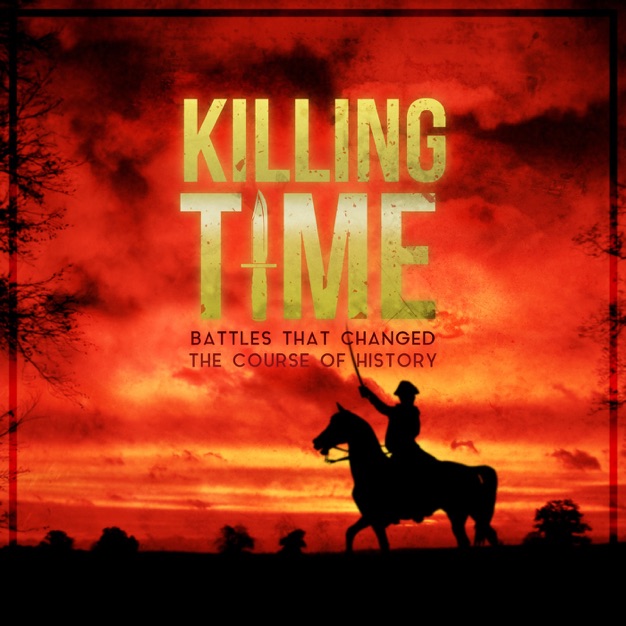 Killing Time
Killing Time
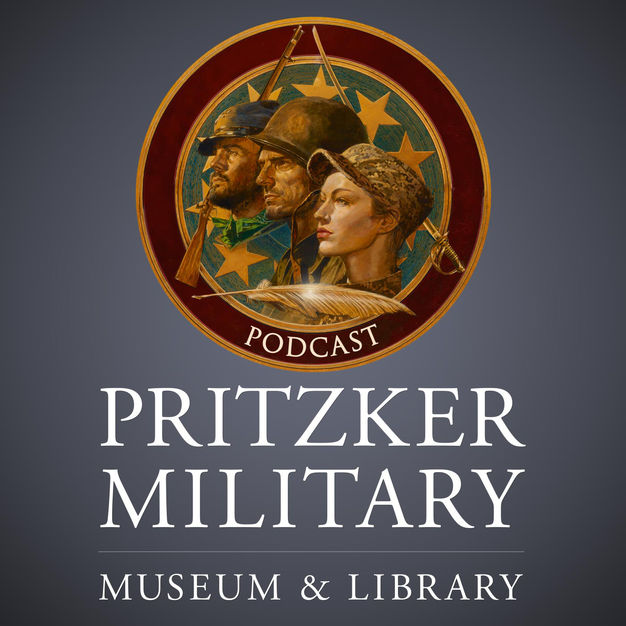 Pritzker Military Museum & Library Podcasts
Pritzker Military Museum & Library Podcasts
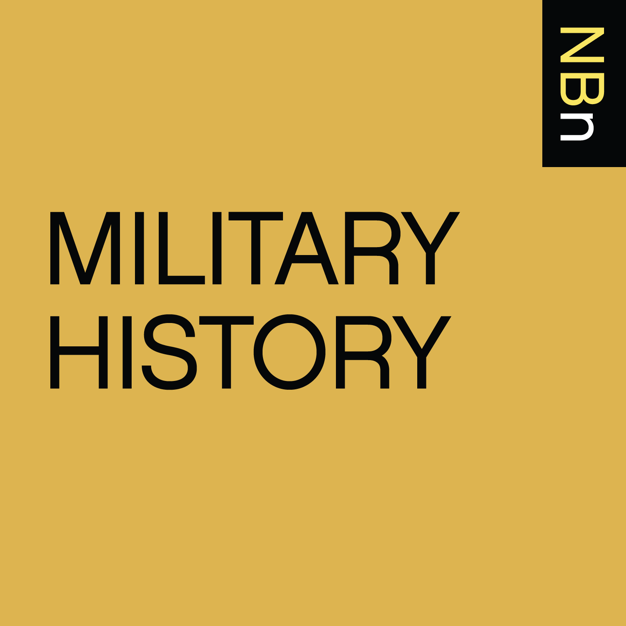 New Books in Military History
New Books in Military History
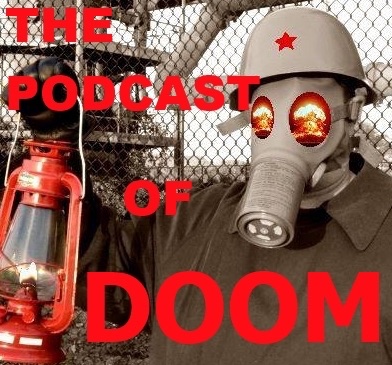 The Podcast of Doom
The Podcast of Doom
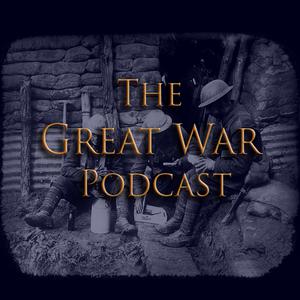 The Great War Podcast
The Great War Podcast
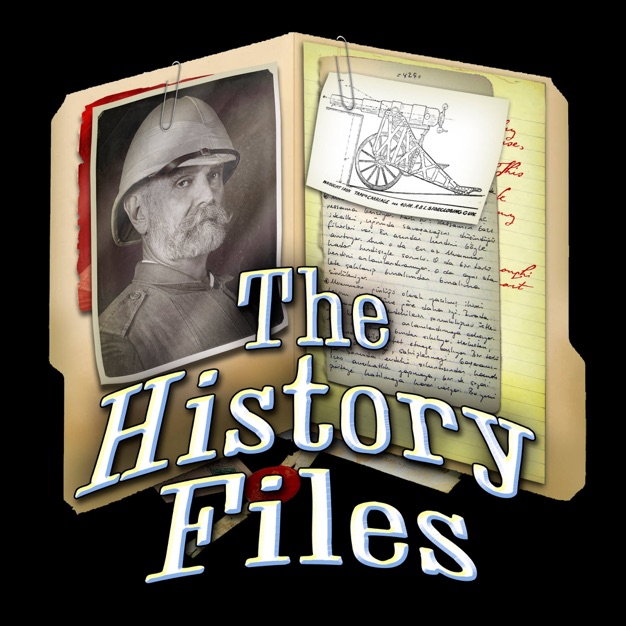 The History Files
The History Files